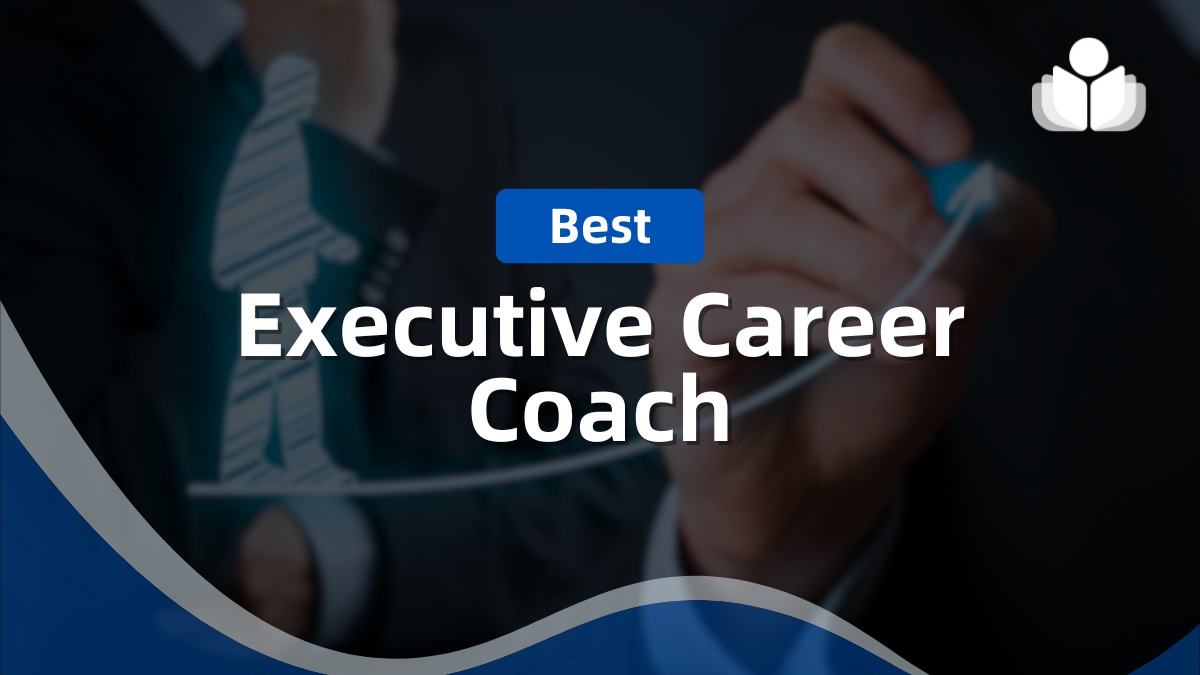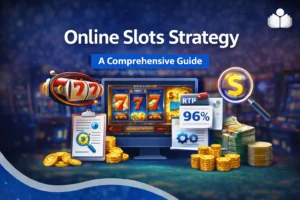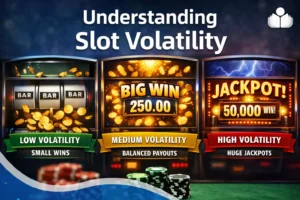Executive career coaching helps leaders refine their skills, advance, and overcome professional challenges. A great coach provides strategic guidance, helping executives build confidence, improve decision-making, and achieve their career goals. The right coach accelerates career growth by offering personalized insights and accountability.
Executives, senior managers, and aspiring leaders benefit the most by gaining clarity in their leadership path. Whether navigating a career transition or aiming for a promotion, executive coaching provides a competitive edge. Investing in a skilled coach can lead to long-term success and professional fulfillment.
What Is an Executive Career Coach?
An executive career coach guides senior leaders, executives, and aspiring C-suite professionals through career growth, leadership challenges, and transitions. They offer personalized guidance to improve leadership skills, executive presence, and strategic decision-making, focusing on high-level professionals and addressing leadership development, organizational impact, and career advancement strategies.
Executive coaches work with individuals seeking promotions, career shifts, or improved leadership performance. They help solve common challenges such as leadership blind spots, career stagnation, workplace conflicts, and transition into higher roles.
They also help refine communication, personal branding, and networking strategies to enhance career opportunities. Executives gain clarity, confidence, and actionable plans to achieve their career goals through personalized coaching.
How to Choose the Best Executive Career Coach
Finding the right executive career coach can significantly impact your career growth. Here’s what to consider when making your choice:
- Credentials and Certifications – Look for coaches with recognized certifications, such as ICF (International Coaching Federation) or industry-specific credentials.
- Industry Experience – A coach with executive-level experience in your field will better understand your challenges and goals.
- Specialization – Some coaches focus on leadership development, career transitions, or executive presence—choose one that aligns with your needs.
- Coaching Style and Approach – Ensure their coaching methods match your learning style, whether structured, goal-oriented, or flexible.
- Client Testimonials – Reviews and success stories from past clients can indicate the coach’s effectiveness.
- Success Stories – Case studies showcasing measurable career improvements add credibility.
- Cost – Executive coaching can be a significant investment; compare pricing and value before committing.
- Coaching Format – Decide whether you prefer in-person sessions, virtual meetings, or a hybrid approach for convenience.
Evaluating these factors will help you choose a coach who aligns with your career vision.
Top Qualities of a Great Executive Career Coach
A top-tier executive career coach possesses a unique blend of experience, strategy, and interpersonal skills to help leaders thrive. Here are the key qualities to look for:
- Strong Leadership Experience: A great coach has firsthand experience in leadership roles, understanding the challenges executives face.
- Personalized Coaching Techniques: Tailors coaching methods to fit individual goals, strengths, and challenges.
- Strategic Thinking and Goal Alignment: Helps clients set clear, actionable goals that align with long-term career success.
- Accountability and Ongoing Support: Keeps clients motivated and accountable for their progress.
- Proven Track Record of Success: Demonstrates real success stories and measurable client achievements.
- Excellent Communication Skills: Clearly articulates feedback and guidance to enhance executive presence.
- Industry-Specific Expertise: Understands industry trends, market dynamics, and leadership expectations.
- Strong Emotional Intelligence (EQ): Recognizes and navigates emotional challenges in high-stakes environments.
- Problem-Solving Abilities: Helps executives overcome roadblocks with creative solutions.
- Networking and Relationship Building: Guides clients on expanding their professional network.
- Confidence Building: Strengthens self-assurance for high-pressure decision-making.
- Results-Oriented Approach: Focuses on measurable improvements in leadership performance.
- Flexibility and Adaptability: Adjusts coaching strategies as clients’ needs evolve.
- Ethical and Confidential Guidance: Upholds confidentiality and integrity in coaching sessions.
- Use of Assessments and Feedback Tools: Utilizes proven tools to evaluate strengths and areas for growth.
- Commitment to Continuous Learning: Stays updated on industry trends and executive leadership best practices.
Benefits of Hiring an Executive Career Coach
Navigating the corporate world at the executive level requires more than just experience—it demands strategic growth, leadership finesse, and continuous self-improvement. An executive career coach provides tailored guidance to help professionals maximize their potential and achieve their career aspirations.
With the right coaching, professionals can accelerate their careers, develop strong leadership skills, and implement personalized strategies for success. They gain improved confidence and executive presence, expand their professional network, and unlock new opportunities.
Enhanced decision-making and problem-solving skills allow them to tackle complex challenges easily, while greater clarity in career goals helps them stay focused on long-term success. Coaching also strengthens negotiation and communication abilities, optimizes time management and productivity, and supports handling workplace transitions.
Beyond career growth, executive coaching helps refine personal branding and reputation management, ensuring professionals stand out in competitive industries. It offers accountability and motivation, access to industry insights and market trends, and strategies for increased resilience in high-pressure situations.
Work-life balance techniques ensure sustainable success, while ongoing professional and personal development keeps executives at the forefront of their field. By partnering with an executive career coach, professionals gain the tools and insights needed to lead confidently and seize new opportunities for advancement.
Top-Rated Executive Career Coaches to Consider
Here are two notable executive career coaching services to consider:
1. SuperStar Resume
- Expertise: Led by Steven Mostyn, a best-selling author and recognized authority in job-hunting strategies, SuperStar Resume offers over 20 years of experience in assisting professionals across various industries.
- Specialties: The company provides comprehensive services, including executive resume writing, LinkedIn profile optimization, cover letter creation, professional bio writing, and interview coaching. Their Complete Executive Job-Hunting Package encompasses all these services to equip clients thoroughly for their job search.
2. Find My Profession
- Expertise: Featured in Forbes, Inc., and Time, Find My Profession is acclaimed for its extensive career coaching services and has garnered over 900 five-star reviews. They employ certified executive career coaches, all holding certifications as Interview Coaches (CIC) and Salary Negotiation Specialists (CSNS).
- Specialties: Their offerings include interview preparation through mock interviews, pre-interview reports providing company insights, salary negotiation coaching, and a unique Reverse Recruiting service where career experts manage the entire job search process on behalf of clients.
Both services support executives in advancing their careers through personalized coaching and comprehensive job search assistance.
Frequently Asked Questions (FAQs)
Navigating executive career coaching can raise many questions, especially for those considering it for the first time. Below are some of the most common inquiries to help you understand how an executive career coach can support your professional growth and leadership journey.
What Does an Executive Career Coach Do?
An executive career coach helps professionals enhance leadership skills, navigate career transitions, and achieve their career goals. They provide personalized strategies, guidance on executive presence, and support in decision-making, networking, and career advancement.
How Much Does Executive Career Coaching Cost?
Executive career coaching costs vary depending on the coach’s experience, reputation, and session format. Prices typically range from $200 to $1,000 per session, with some coaches offering package deals that cost anywhere from $2,000 to $10,000 or more for long-term coaching.
How Long Does Executive Coaching Typically Last?
Executive coaching duration depends on individual goals and the complexity of the challenges being addressed. Most coaching programs last between three to six months, with some executives opting for ongoing coaching that extends beyond a year for continuous leadership development.
Conclusion
Choosing the right executive career coach can significantly impact your professional growth and leadership success. Investing in coaching helps you refine your skills, expand opportunities, and achieve long-term career goals.
Start by researching coaches with proven expertise, checking testimonials, and aligning their approach with your needs. Schedule an initial consultation to assess compatibility and coaching style. Taking this step today can set you on the path to greater career fulfillment and success.
 Sections of this topic
Sections of this topic
















